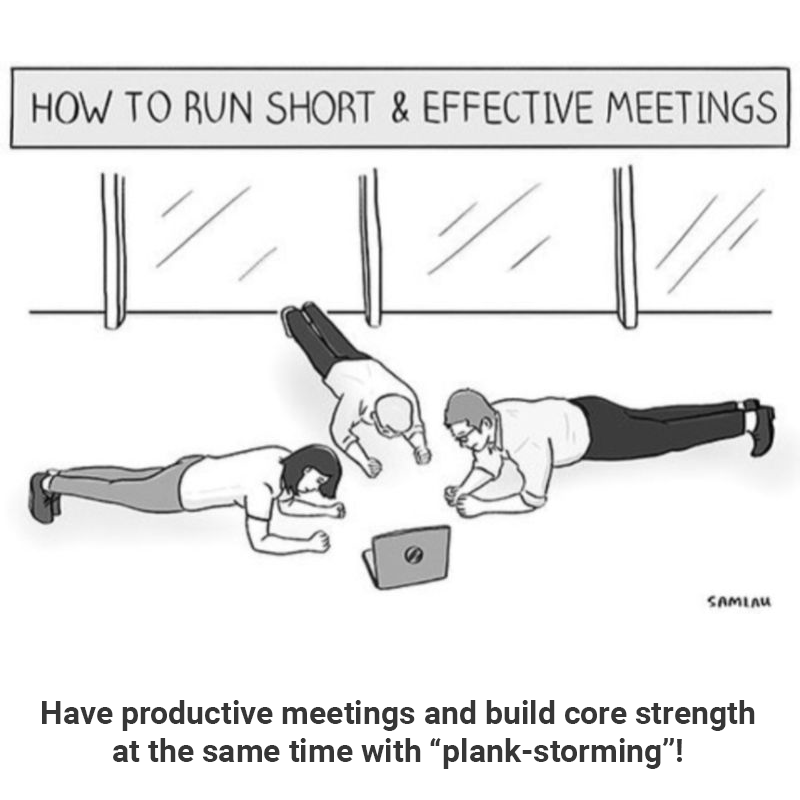Meeting facilitation is essential to ensure that meetings are engaging, valuable to the attendees, and achieve the desired goals. Effective managers and executives frequently use facilitation techniques to help their teams reach their full potential, guiding people through a conscious process that ensures that collaboration will be productive and create quality outcomes supported by the team.
Effective meeting facilitation is the capacity to transform unproductive gatherings into lively and helpful exchanges of ideas, building relationships, and creating team resilience. Facilitators, and facilitative leaders or team members may enhance the quality of each meeting by preparing a clear agenda, encouraging inclusion from the right participants, listening well, and resolving conflicts constructively.
Here are some foundational meeting facilitation techniques to achieve productive business results from your investment in meetings. Failing to use these basic strategies can lead to wasted time, and might increase the need for even more meetings!
Set A Clear Agenda– Set a clear agenda for the meeting, including objectives, discussion topics, and expected outcomes. An agenda with only a list of topics – and no outcomes- is a plan to go nowhere.
Here are some points to consider to plan and execute an effective meeting agenda:
- Set the agenda based on the importance and priority of each item. Start with the most important, then move to lower priority. Do not “save” the hardest issue for the end.
- Share the agenda with attendees in advance so that everyone may prepare and contribute effectively during the meeting.
- Be prepared to change the plan and modify the agenda during the meeting to handle new priorities or unanticipated issues.
Invite the Right Attendees- The people in the meeting should be key “stakeholders” based on:
1) Those who will implement the action items
2) People who have power or decision-making authority on the items and
3) Those who have the information and skills needed to give input required to make the right decision.
- Limit the number of individuals you invite as much as possible because bigger events are more complex, expensive, and difficult to execute efficiently.
- For critical meetings, gather input from participants in advance, so you know where there is already alignment or disagreement, what information will be needed, and how much time you will need, so you and others are prepared.
- Choose people motivated to address the topic or goal.
Practice Active Listening: The importance of active listening cannot be overemphasized. Facilitators need to ensure the team can hear participants’ perspectives or opinions and understand them. To ensure alignment and clarity, first emphasize paraphrasing and summarizing before debate.
Deal with Conflict Rather Than Avoid It: Conversations may lead to conflicts and the best teams deal with their conflicts and become stronger for it. A good meeting facilitator makes it easier to resolve these disputes and encourages fruitful communication. Collaboration fosters acceptance of diversity while using differences as a means for improvement.
Conclusion: Developing Teams Through Effective Facilitation
Developing your meeting facilitation skills is an investment to achieve success for your team and business.
You can create an environment where collaboration results in valuable meetings by setting clear objectives, encouraging engagement, and handling and managing conflicts. Empower your meeting participants or team members through effective meeting facilitation and you will benefit from new ideas and increased accountability for implementation of action plans. The best meetings can be the turning point for a project, team or company.







